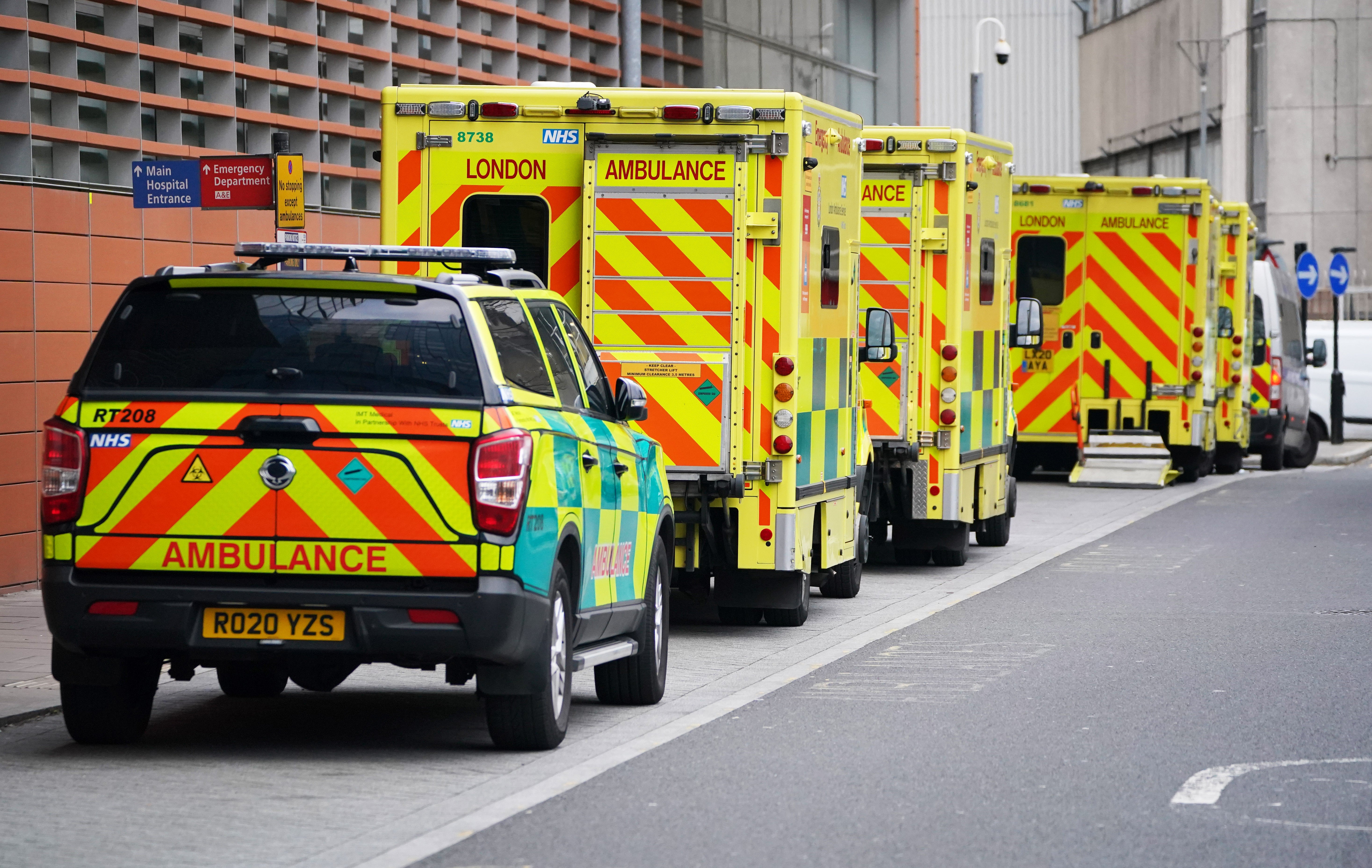Number of patients in England testing positive for Covid nears previous peak
Health experts have warned the figures are likely to carry on rising throughout July.

Your support helps us to tell the story
From reproductive rights to climate change to Big Tech, The Independent is on the ground when the story is developing. Whether it's investigating the financials of Elon Musk's pro-Trump PAC or producing our latest documentary, 'The A Word', which shines a light on the American women fighting for reproductive rights, we know how important it is to parse out the facts from the messaging.
At such a critical moment in US history, we need reporters on the ground. Your donation allows us to keep sending journalists to speak to both sides of the story.
The Independent is trusted by Americans across the entire political spectrum. And unlike many other quality news outlets, we choose not to lock Americans out of our reporting and analysis with paywalls. We believe quality journalism should be available to everyone, paid for by those who can afford it.
Your support makes all the difference.The number of people in hospital in England who have tested positive for Covid-19 has climbed to its highest level for nearly three months – though there are signs the rate of increase may be slowing.
A total of 13,336 patients were in hospital as of 8am on July 11, NHS England figures show.
The last time the figure was this high was in late April, and it is close to the peak of 16,600 reached during the previous wave of infections in the spring.
But though patient numbers are up week-on-week by 25%, the rate of increase has slowed in recent days, after running at 39% at the start of the month.
It is too soon to say whether the slowdown is the start of a trend.
Health experts have warned the numbers are likely to carry on rising throughout July, driven by a “substantial amount” of waning immunity among older people.
The jump in patients testing positive for the virus is due to the spread of the subvariants Omicron BA.4 and BA.5, which are now the dominant strains in the country.
Infections are currently at their highest since April, but are still some way below the record levels at the peak of the BA.2 wave in March.
Around six in 10 patients in England who test positive for Covid-19 are being treated primarily for something else rather than the virus, but still need to be kept isolated from other patients, putting extra pressure on hospital staff and resources.
New figures on the number of people waiting for routine treatment in hospitals in England will be published on Thursday and are expected to show the backlog has reached a new record high.
Data will also be released for NHS staff absences due to Covid-19, which are likely to have jumped in recent weeks, causing further disruption to patient care and treatment.
Dr Mary Ramsay, director of clinical programmes at the UK Health Security Agency, said that while hospital admissions of people testing positive are rising in all age groups, the largest increases are in those aged 75 and older.
“There is likely to be a substantial amount of waning immunity in older people who have not taken up the booster on schedule, so we can expect these rises to continue over the coming weeks and throughout July”, she added.
All people aged 75 and over in the UK have been offered a “spring booster”, available at least three months after their most recent jab, to ensure they continue to receive the maximum possible protection.
But around one in six over-75s have not received any doses of vaccine in the last six months, putting them more at risk of severe disease.
Covid restrictions could be reintroduced if a rising number of cases has an impact on the NHS backlog, a minister said on Monday.
Speaking in the House of Lords, health minister Lord Kamall said that if the point is reached where the current increase in hospital admissions “is affecting the backlog” then “clearly measures may well have to be introduced”.
“Current data does not point to cases becoming more severe,” he added.
“We are always ready to stand up measures should the case rates rise so much that our health system was under pressure, but also what we have managed to do is break the link between infections and hospitalisations, and hospitalisations and death.
“If that gets out of control then of course we will stand up the measures that we have previously.”